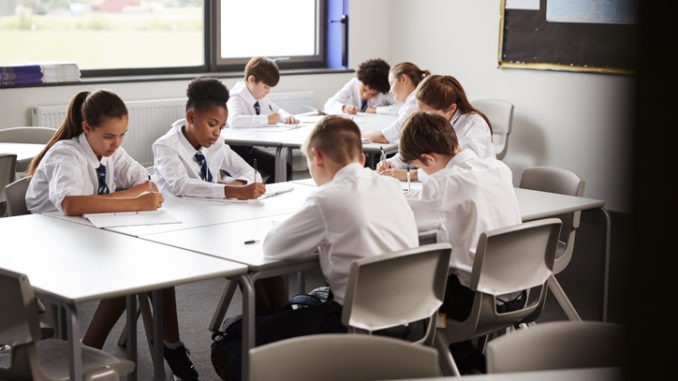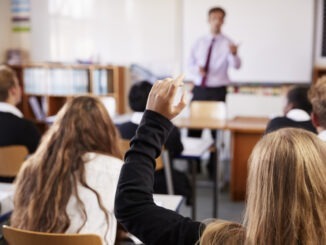
As reported by BBC news, white working class pupils have been failed by decades of neglect in England’s education system, a report by MPs says
The Education Select Committee says poorer white children underachieve and have been “let down and neglected”. It says use of the term “white privilege”, suggesting white pupils are at an advantage, is the “opposite” of the reality for poor white pupils. The government says it is committed to making sure no child is left behind.
The committee’s chairman, Robert Halfon, accuses the government of “muddled thinking” in failing to target support at disadvantaged white pupils – who underachieve from early years through to GCSEs, A-levels and university entry. Poorer white pupils are falling behind “every step of the way”, he warned.
Halfon described it as a “major social injustice” and a “scandal” that so little attention had been paid to how white pupils on free school meals underachieved compared with free school meals pupils from most other ethnic groups.
“If you think it’s about poverty, then it doesn’t explain why most other ethnic groups do much better,” he said.
- At GCSE, in 2019, 18% of white British pupils on free meals achieved grade 4 in English and maths, compared with 23% for the average for pupils on free meals
- For university entry, 16% of white British pupils on free meals get places, compared with 59% of black African pupils on free meals, 59% of Bangladeshi pupils on free meals and 32% of black Caribbean pupils on free meals.
The committee warned the scale of the problem, affecting almost a million young people, could not be “swept under the carpet”. Halfon warned the use of the term “white privilege” in education was divisive and likely to “promote disharmony”.
The committee described “white privilege” as the idea of “societal privilege that benefits white people over other ethnic groups” – and said “privilege is the very opposite to what disadvantaged white children” experience. But a Labour MP on the committee, Kim Johnson, rejected the references to white privilege as trying to “stoke the culture war” and said the report was avoiding the “lack of investment” in education and local communities.
The report calls for a targeted use of pupil premium funding for disadvantaged pupils and investment in “family hubs” to reach parents disengaged with education or who might have had a bad experience of school themselves. Halfon also highlighted a divide between the amount of funding and political focus that helped to improve schools in big cities – while many white working class pupils were in towns which had less investment.
“The rising tide of higher national standards has not lifted the boats of our white lower income communities,” said former Ofsted chief, Sir Michael Wilshaw.
“Two thirds of children on free school meals live in these communities. We will never reduce educational inequality unless we urgently address this longstanding issue,” he said.
The underachievement is down to a “poisonous mix of place, family and local culture”, said Chris Zarraga, director of Schools North East, a regional network of head teachers in one of the areas with the biggest concentrations of disadvantaged white pupils.
He said it meant tackling the consequences of “long-term deprivation”, where there might be fifth and sixth generations of workless families.
“Schools can’t do it alone,” he said, warning that already the pandemic had seen schools having to cope with feeding and clothing pupils.
“We need a cross-party sense of urgency about solving these problems,” he said.
The report calls for a better way of talking about ethnic differences in achievement – and maps the complications of terms such as “minorities” and “majorities”. There are high proportions of white pupils in areas such as the North East, while in many parts of London, white pupils are in a minority.
A recent campaign launched by Imperial College London to recruit more black science students showed how black, Asian and minority ethnic (BAME) figures can also conceal complex differences. The leading science university has more BAME undergraduates than white – but only about 235 out of 10,000 students are black, with the great majority of these BAME students being from Asian backgrounds.
Labour’s shadow education secretary, Kate Green, said the MPs’ report showed the Conservative Party has “turned its back on these pupils who need most support, from knowingly underfunded free childcare places in early years to cutting the pupil premium”.
A Department for Education spokesman said: “This government is focused on levelling up opportunity so that no young person is left behind.”
“That’s why we are providing the biggest uplift to school funding in a decade,” added the DfE spokesman, with £3bn in recovery funding and existing plans to increase school budgets.
“The pupil premium is expected to increase to more than £2.5bn this year, through which schools can support pupils with extra teaching, academic support or activities like breakfast clubs or educational trips.”




Be the first to comment